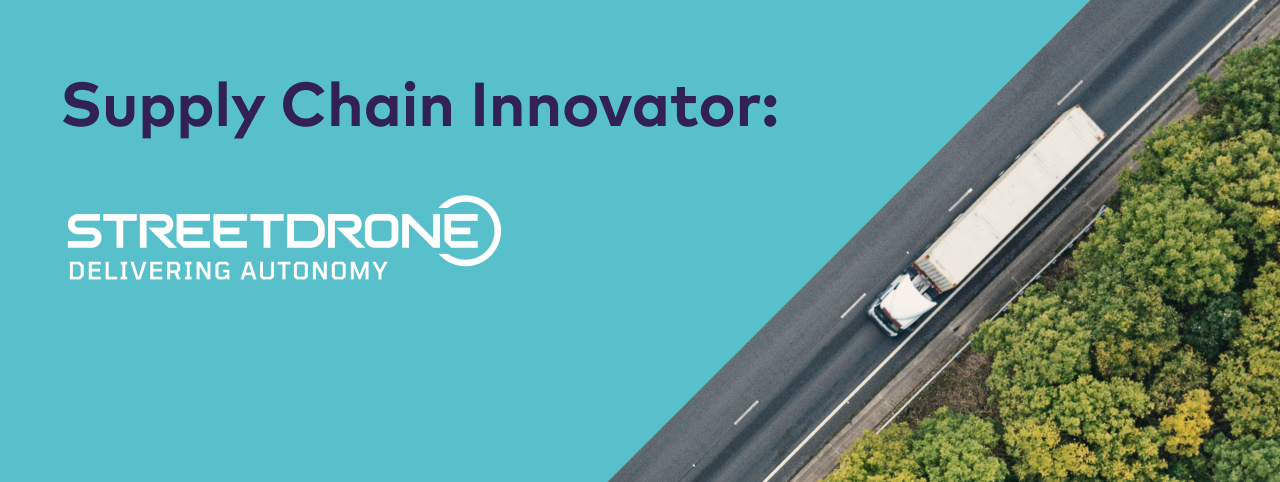


Systems for Autonomy in Fail-operational Environments (SAFE)
Partners: STREETDRONE (Lead), ALCON COMPONENTS LIMITED, UNIVERSITY OF SURREY, CHASSIS AUTONOMY LIMITED.
The safe deployment of autonomous and remotely operated vehicles is only possible with mature and fault-tolerant vehicle control systems where any kind of vehicle failure is taken into consideration, including overriding autonomous driving software in the event of significant computer system failures.
These control systems, also called drive-by-wire (DbW) systems, are not yet commercially available to the vast majority of vehicle manufacturers, thereby severely limiting the potential roll-out of autonomous vehicles across all markets.
The SAFE (Systems for Autonomy in Fail-Operational Environments) project will develop and test technologies applicable for both NUIC (No User In Charge) and UIC (User in Charge) vehicle platforms integrating novel safety systems and subsystems capable of achieving SAE Level 4 (L4) autonomy within a wide range of Operational Design Domains (ODDs).
StreetDrone will collaborate with two innovative SME tier 1 suppliers, Chassis Autonomy and Alcon, bringing together an overall fail-operational architecture integrating mission critical steering and braking sub-systems. These are safety
critical vehicle systems that ensure lateral and longitudinal control of the vehicle at all times, even in the event of a single point fault of failure. Fail-operational architecture is crucial, as it ensures that even if a component fails, the vehicle can still operate safely and effectively. This is especially important when it comes to autonomous vehicles, as there is no driver to take over in case of a failure. Fail-operational architecture provides a redundancy that greatly reduces the risk of accidents and ensures that vehicles can continue operating even in the face of unexpected challenges.
Developing a fail-operational architecture that seamlessly integrates critical steering and braking sub-systems is vital for ensuring the safety, security, and reliability of vehicles. Development includes a variety of methods, such as simulations and real-world testing, to create and refine the architecture. Once the system is developed, rigorous testing ensues to ensure that it can withstand any potential failure without jeopardising the safety and security of the vehicles and road user within a wide range of Operational Design Domains (ODDs).
A key part of developing the wider supply chain for the CAV sector within the UK is providing safe and secure vehicle hardware for all other downstream systems to be developed and tested upon; without this enabler in place, organisations working on various elements through the self-driving stack cannot successfully develop and validate their products let alone place them into commercial operation.
Together, these three innovative UK based SMEs will work alongside the Centre of Automotive Engineering at University of Surrey, developing a credible solution, tested in simulations of multiple real world contexts, and proven on the track by end of 2024, and ready for meeting anticipated Level 4 safety regulations.

More Supply Chain Innovators

Aims to develop a high-performance imaging radar product specifically designed for AVs.

A collaborative initiative to create an affordable, robust navigation system for automated vehicles.

Provides a toolset that helps to efficiently identify, define and execute the test requirements for an ADS.

Focuses on creating an autonomous dolly for airside cargo movements.

A safety assurance framework for the safe deployment of AI in self-driving technology across all driving domains.

Aims to deliver a universal and affordable drive-by-wire system that replaces traditional mechanical linkages with electronic ones.

Aims to develop advanced position and navigation sensors that work reliably in various environments.

Focuses on the development of a modular dual redundant steer-by-wire system for heavily automated and electric vehicles.

Aims to develop an AV capable of safely driving in residential, urban, and rural environments.

DeepSafe aims to support the verification and validation (V&V) of automated driving systems (ADS).

A ‘plug-and-play’ roadside connectivity solution.

Aims to enable accurate representation of ADS sensors in simulation.
Talk to us
To learn more about the CAM Supply Chain UK competition and the remarkable projects that have been awarded, contact competitionsupport@zenzic.io
{{ teamMember.name }}
{{ teamMember.title }}